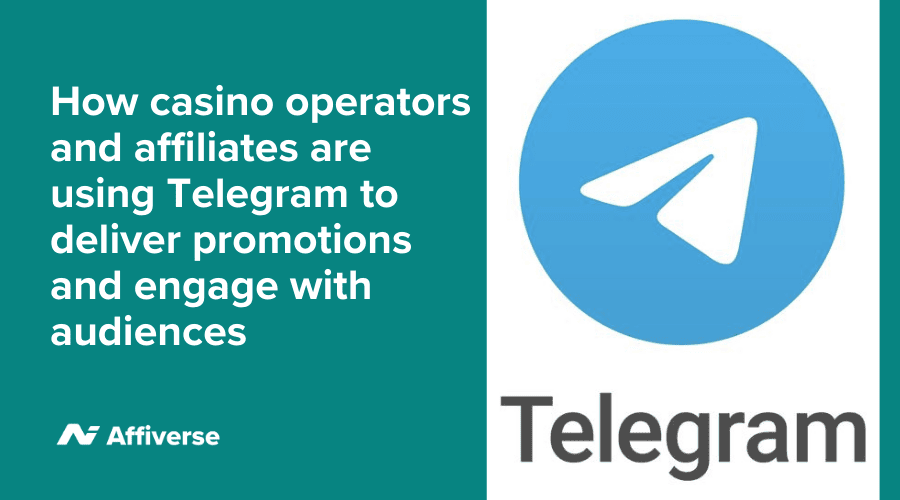As affiliate managers, it wouldn’t take a lot to wonder what else is out there. Naturally, the first thing to cross your radar is likely to be the Google AdSense angle. Run by the biggest tech company in the world, Google AdSense is often pitted against the idea of affiliate marketing as a whole. Should you drop the constant management and shoutouts that affiliate marketing is made up of, for the arguably simpler concept of monetising your website and apps for ad revenue from Google?
There are a few different approaches to weigh up affiliate marketing versus Google AdSense. We’re breaking them down to see who comes out on top…
Lower bar for entry
The bar for entry to an affiliate marketing partnership is a lot lower than entry to AdSense. For one thing, you need to be using an AdSense host partner. That means if you’re running a blog it has to be on Blogger, and if you’re posting videos they have to be on YouTube. That’s likely to be fine if you’re focussing on video content, but even then, if your career or brand relies on TikTok, you’re not getting AdSense. There are more requirements depending on the platform. For example, YouTube will want you to have more than 1,000 subscribers and more than 4,000 public watch hours in the past 12 months.
Affiliate marketing on the other hand is open to all platforms and all people. You can’t say there are no barriers for entry, but they come down to the individual guidelines of the affiliate program and aren’t restricted to what platform you’re using.
Higher marketing returns
Google AdSense notoriously doesn’t pay enough to sustain a creator. This has reached the point where not only are creators supplementing their content with affiliate marketing opportunities, but some are becoming increasingly less worried if their AdSense gets rejected or taken away for violating community guidelines, for example.
One benefit of affiliate marketing is that it can come from various sources. You can sign up for different programs and deals that always mean some form of income is available.
For comparison, BloggersPassion posted an experiment that generated $6,000 from 30,000 clicks in AdSense, but affiliate marketing generated $394,000 from 97,000 clicks. Both reach and income were vastly greater in affiliate marketing.
Limited payment options
Affiliate marketing partnerships can be made with various payment options ranging from straight cash bank transfers to cryptocurrency, but Google AdSense is more limited with its payment options. For example, they don’t work with PayPal, which is such a common payment method it’s considered safer and more efficient than bank transfers. If you’re going to attract quality affiliate partners, it’s important to keep things as simple as possible so as to not get tangled up in the things that don’t really matter, like payment methods.
Conclusion
However, no one is saying you can’t have your cake and eat it, too. If you are running a blog for example, you can get involved by adding AdSense to your Blogger account, but still accept and seek out affiliate marketing opportunities.




















